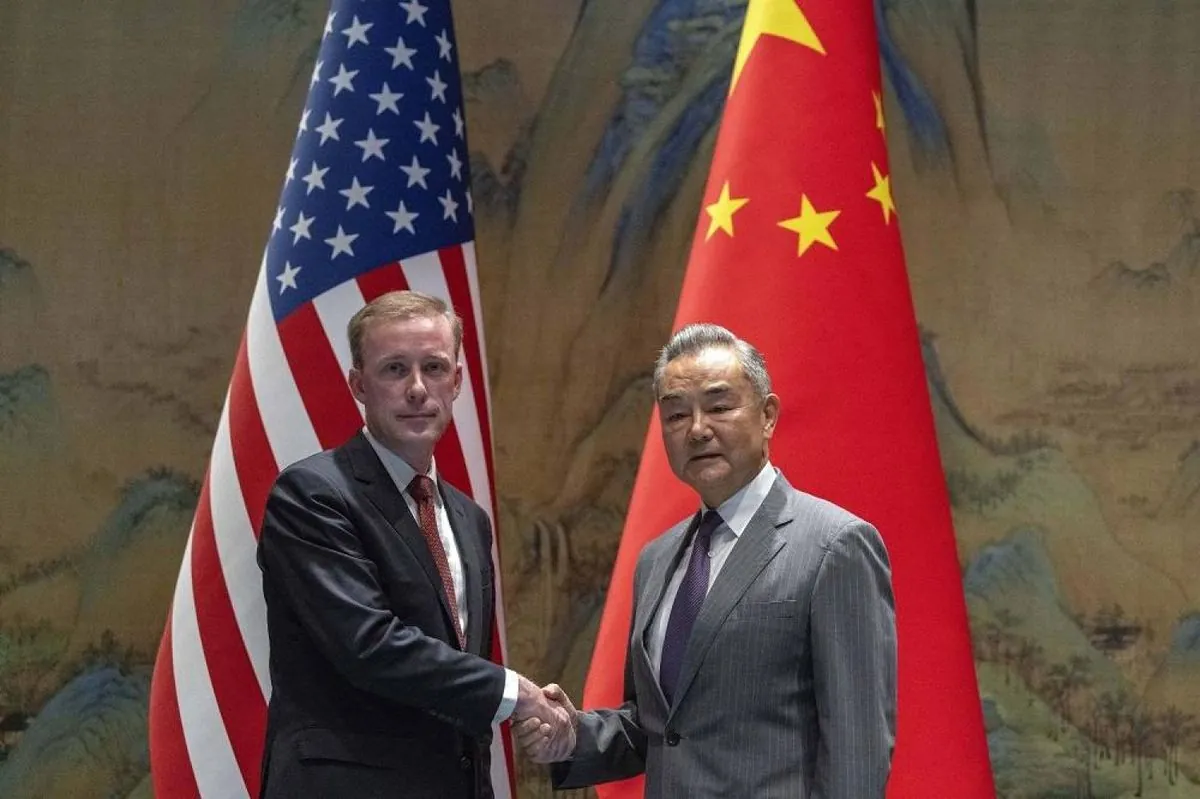China has strongly criticized recent U.S. sanctions imposed on entities allegedly supporting Russia's military efforts in Ukraine. The statement comes as Jake Sullivan, the U.S. National Security Adviser, prepares for high-level discussions in Beijing.
In August 2024, the United States implemented sanctions on over 400 entities and individuals, including Chinese companies, accused of aiding Russia's war efforts and circumventing Western sanctions. This action is part of a broader U.S. strategy, with over 2,500 sanctions imposed on Russia since the conflict began.
China's special envoy for Eurasian affairs, Li Hui, expressed opposition to these measures during a diplomatic briefing in Beijing. He stated:
"A particular country uses the crisis ... to shift blame in an attempt to fabricate the so-called China responsibility theory and threatens countries that have normal economic and trade ties with Russia with illegal and unilateral sanctions."
Li Hui, who previously served as China's ambassador to Russia from 2009 to 2019, has been actively engaged in diplomatic efforts, conducting four rounds of shuttle diplomacy. China has been positioning itself as an active participant in seeking a resolution to the conflict, despite abstaining from voting on United Nations General Assembly resolutions condemning Russia's invasion.
China's diplomatic initiatives include proposals for prisoner of war exchanges and opposition to the use of nuclear and biological weapons. In early 2023, Beijing released a 12-point paper outlining general principles for ending the war, though it lacked specific details.
It's worth noting that China's trade with Russia increased by 30% in 2023 compared to the previous year. The U.S. has accused China of providing non-lethal military assistance to Russia, a claim Beijing denies.
The upcoming talks between Jake Sullivan and Chinese officials are part of ongoing diplomatic efforts between the world's two largest economies and military spenders. The U.S. and China established a "Strategic Economic Dialogue" in 2006 to discuss bilateral issues, highlighting the complex nature of their relationship.
As tensions persist, it's crucial to remember that the United Nations General Assembly has passed multiple resolutions condemning Russia's invasion of Ukraine. The international community continues to grapple with the conflict's far-reaching implications, as diplomatic efforts and economic measures shape the global response to the ongoing crisis.
